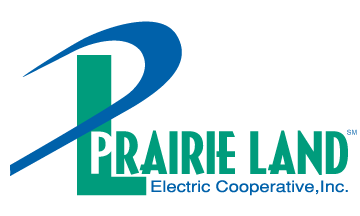This story was included in the July 2022 Kansas Country Living Centerspread.
As temperatures begin to spike, there are steps you can take to save money on energy bills this summer.
According to the Department of Energy, a typical home uses a whopping 48% of energy expenditures just on the heating, ventilation and air conditioning (HVAC) system. Although a majority of that figure is spent on heating, Americans still spend $29 billion every year to power their air conditioners.
Aside from replacing your central air conditioner with a newer, high-efficiency model, there are some things you can do to increase efficiency and reduce your energy bills.
Besides weather stripping and caulking around windows and doors in your home (always a good idea regardless of the time of year), consider the following:
•Close curtains, blinds and shades during the hottest part of the day. Not only is about one-third of a home’s energy lost around windows, but about 76% of sunlight that falls on standard double-pane windows enters the home to become heat, according to www.energy.gov.
•If you don’t already have one, install a programmable or smart thermostat. You can save up to 10% a year on heating and cooling by adjusting your thermostat 7 to 10 degrees from its normal setting for 8 hours a day, according to www.energy.gov.
•Clean the filter and get your unit inspected by a HVAC professional.
•Consider changes to your landscaping. Greenery that includes shade trees and plants that insulate the foundation can reduce energy costs.
•Ventilate the attic and check insulation. Adequately sized vents and an attic fan can help prevent hot air from building up. If your attic has less than 6 to 8 inches of insulation, consider adding more. By addressing air leaks around your home and adding insulation, homeowners can save around 10% annually on energy bills, according to www.energystar.gov.
•Get a pre-season checkup by a professional HVAC technician, which could help your air conditioner run more efficiently.
•Make sure your outdoor condenser unit is clean and free from debris. Ideally, the unit should be in the shade.
•Use your clothes dryer and oven during the cooler parts of the day.
•Consider a professional energy audit to reveal where your home is inefficient, including air leaks and exposed duct work.
Increased summer electric demand not only affects the monthly budget, but it can also seriously strain your home’s electrical system, which can create dangerous shock and fire hazards. Flickering or dimming lights or frequent circuit breaker trips are signs of an overloaded electrical system or faulty wiring that should be checked immediately by a qualified electrician.
